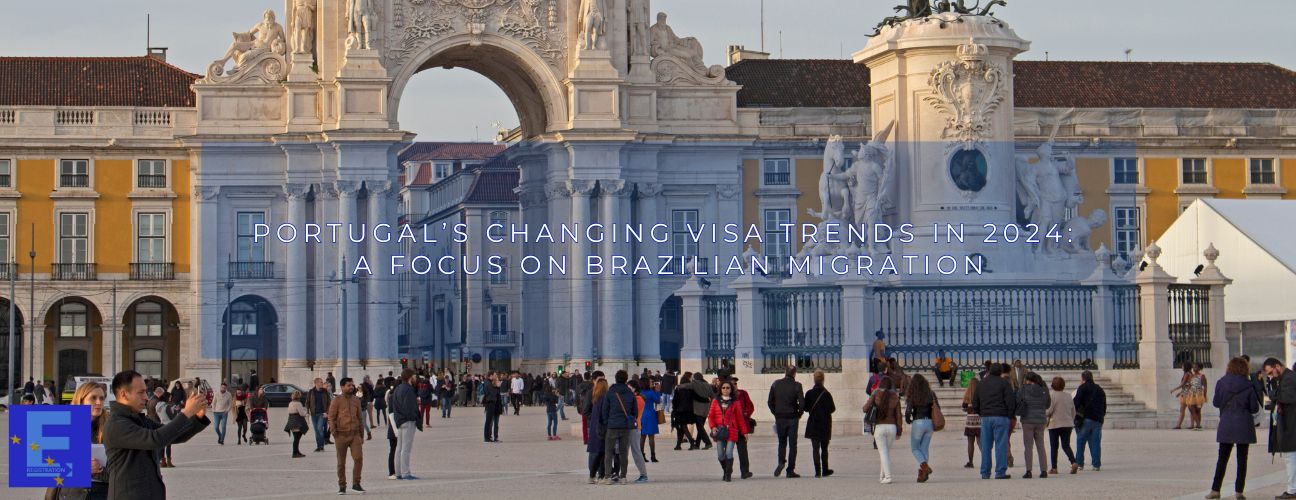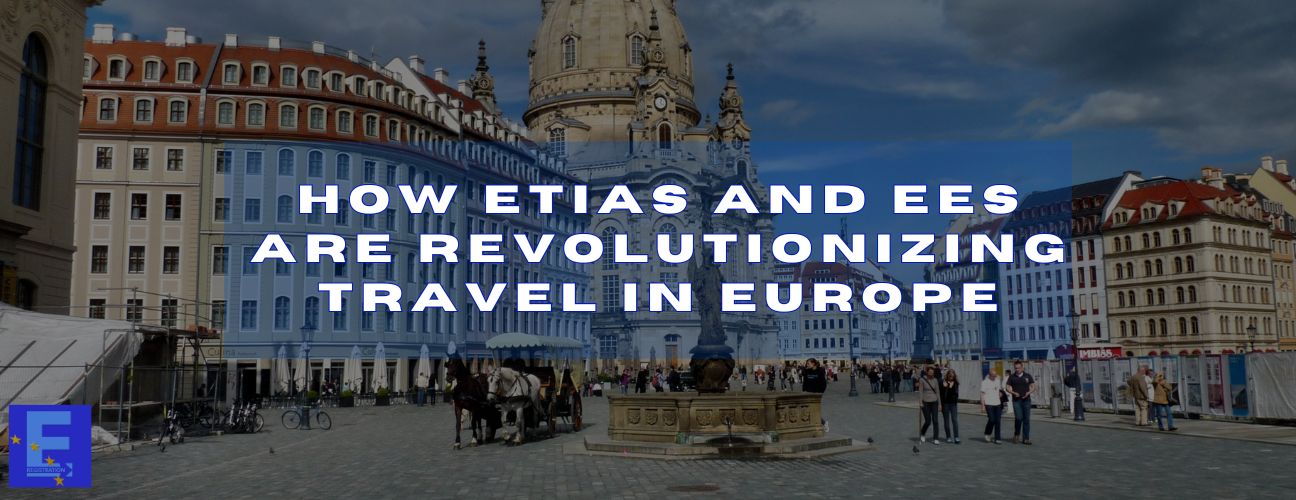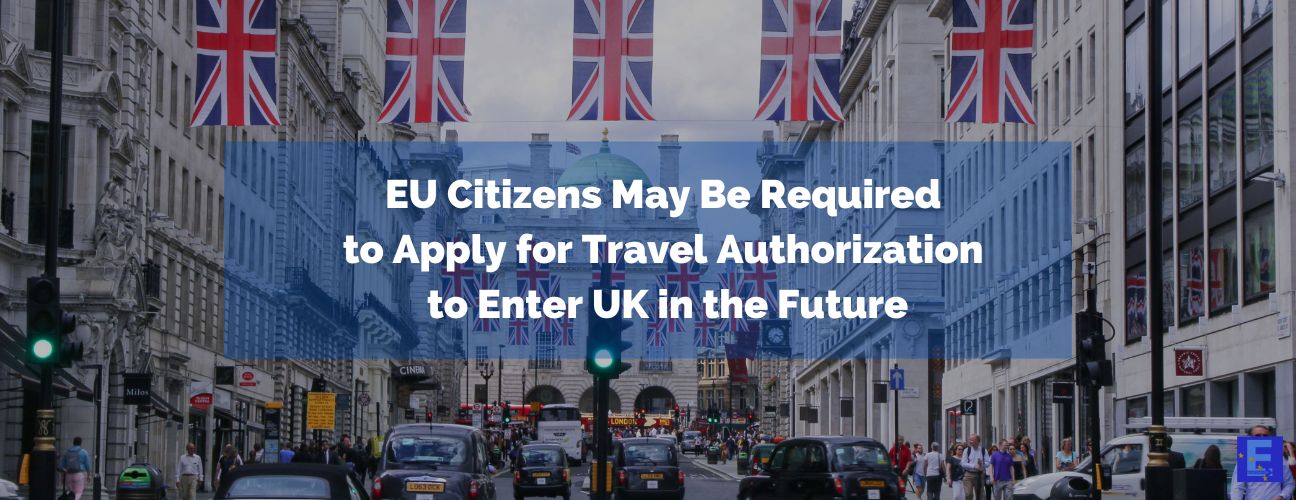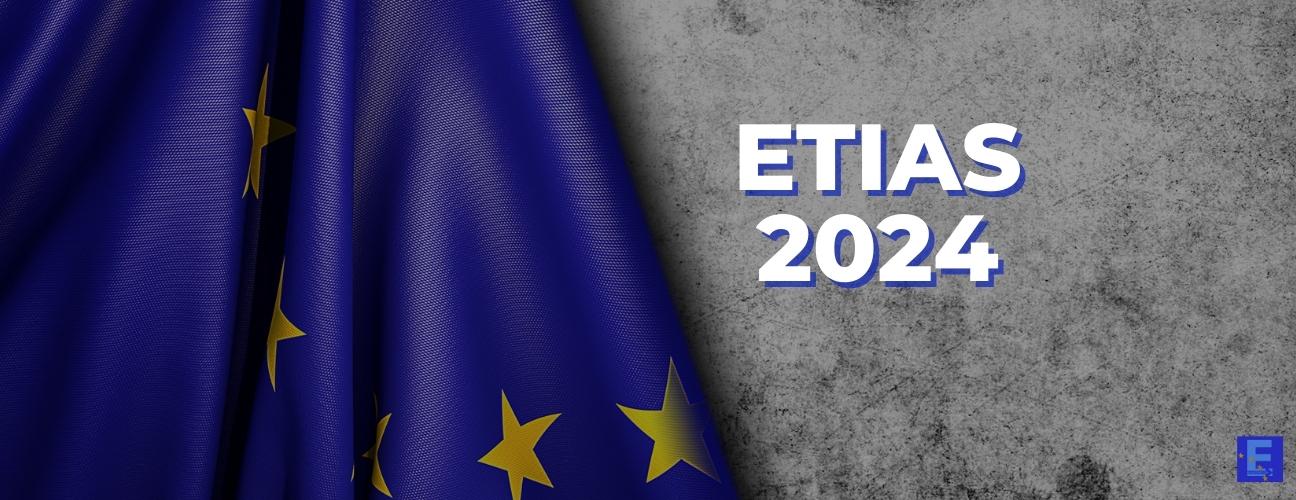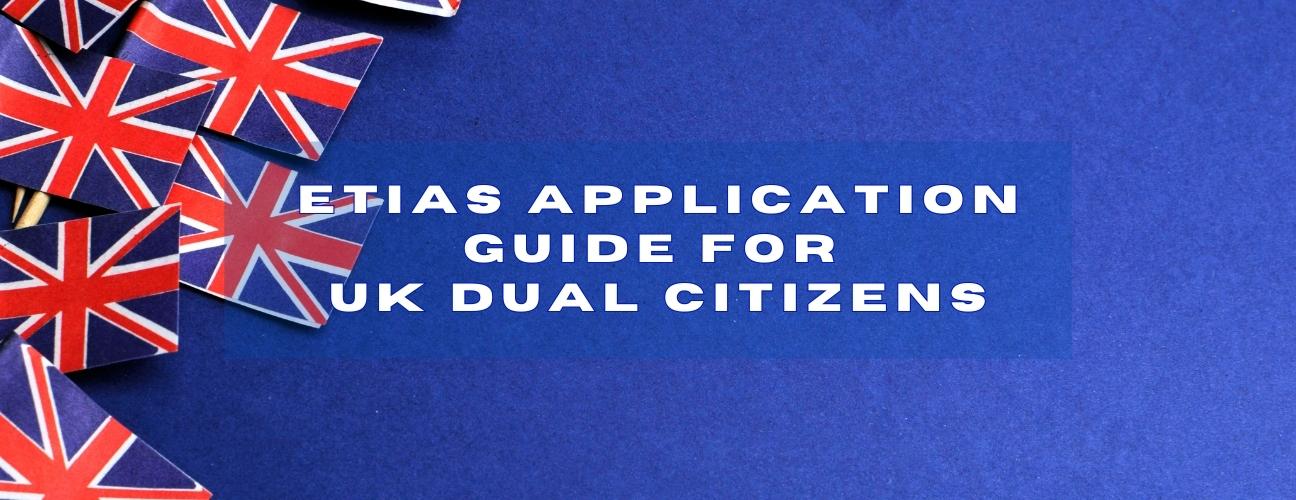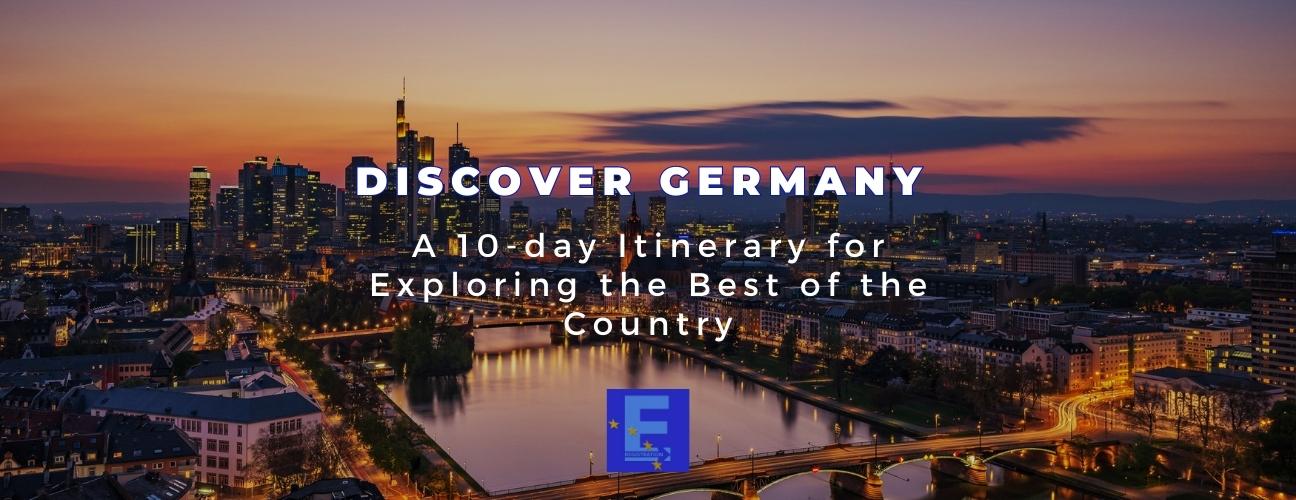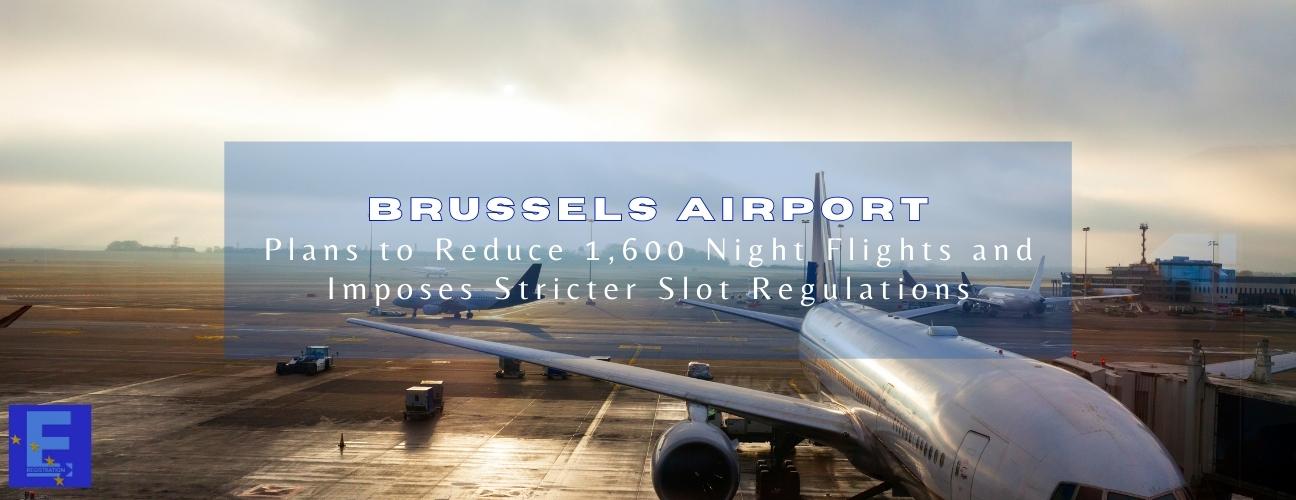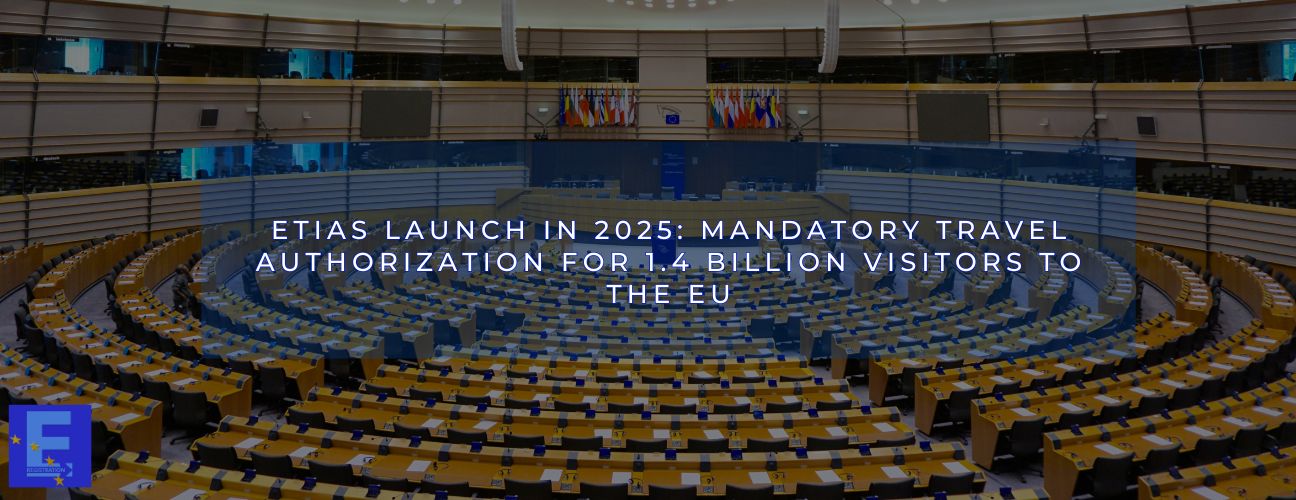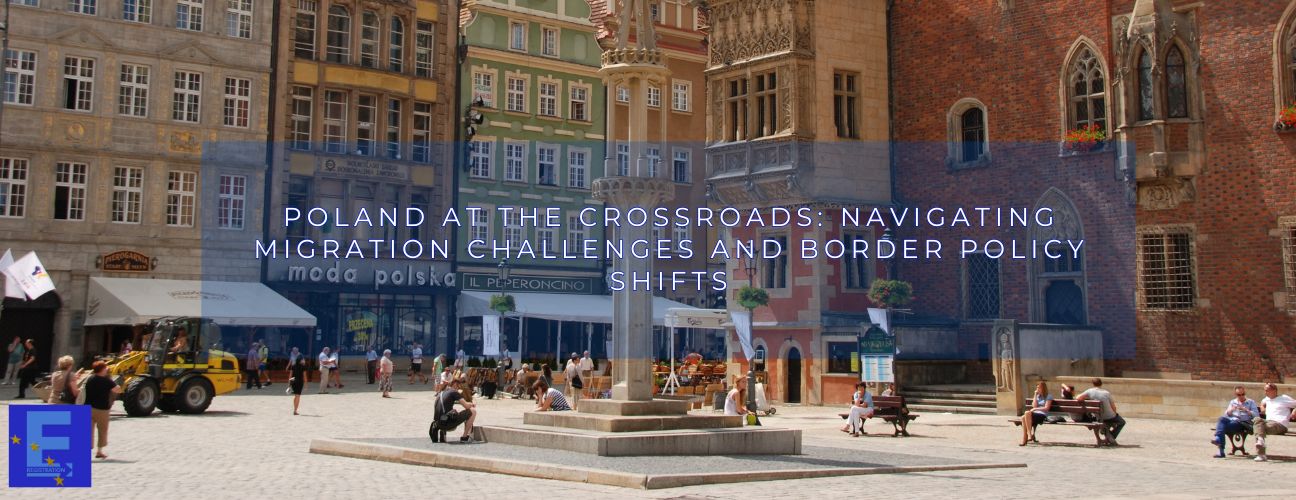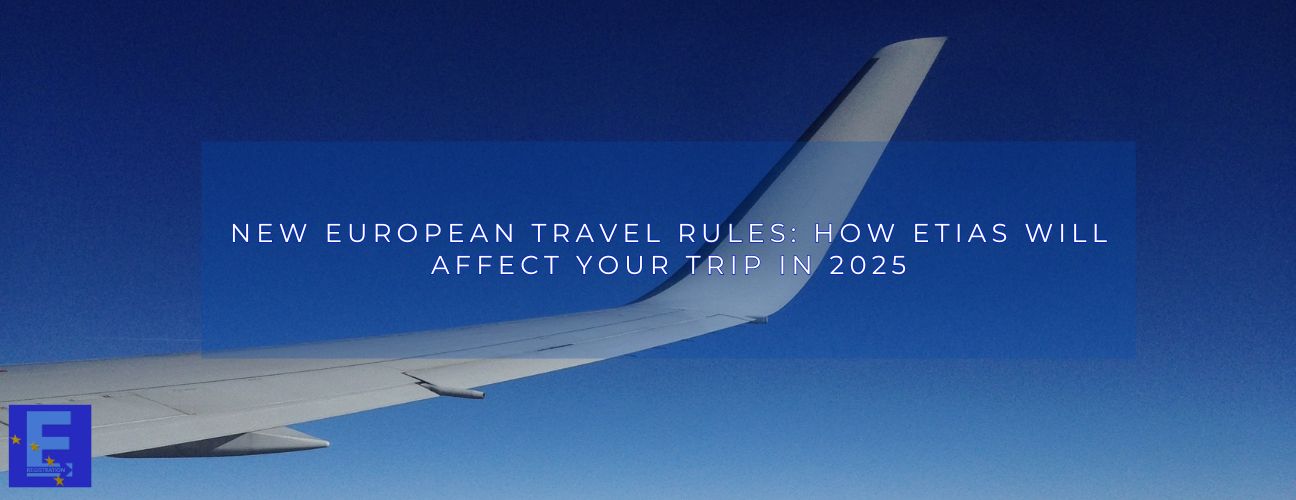Portugal, a growing hub for international migrants and students, has witnessed notable shifts in visa trends in 2024, especially among its Brazilian community. Stricter immigration policies and the introduction of new visa pathways have reshaped the landscape, affecting students, job-seekers, and long-term residents alike.
Brazilian Student Visa Applications Decline
Data from Portuguese consulates indicate a significant drop in student visa approvals for Brazilians. In 2024, only 9.2% of visas granted were for educational purposes, a sharp decline from 35.48% in 2022. Temporary study visas also saw a decrease, now comprising just 6.8% of all issued visas, compared to 14.34% two years ago.
This decline comes despite steady enrollment of Brazilian students in Portuguese universities. Experts attribute this trend to stricter regulations aimed at preventing misuse of student visas by individuals primarily seeking work opportunities.
“There is tighter control over granting study visas, but the interest of Brazilians in studying in Portugal remains,” remarked António Fiúza, CEO of Grupo Lusófona. Educational institutions like Universidade Nova de Lisboa confirm that Brazilian students maintain a robust presence across all academic levels.
Surge in Job-Seeking Visas
Conversely, job-seeking visas have surged, now accounting for 54.17% of all visas issued to Brazilians in 2024, a significant rise from 31.86% in 2023. This shift follows the discontinuation of the Manifestação de Interesse (Expression of Interest) process, which previously allowed migrants to enter Portugal on tourist visas and later apply for residency.
Applications for job-seeking visas have more than tripled in 2024, reflecting the growing appeal of Portugal’s labor market. “Portugal has become a routine topic of conversation,” noted Marcelo Rubin, managing partner at Clube do Passaporte. However, the increased demand has led to longer processing times, now ranging from three to six months.
Rise in Residence Permits for Brazilians
The shift in visa trends coincides with a dramatic increase in residence permits issued to Brazilians. In 2023, Portuguese authorities granted 147,262 residence permits to Brazilian nationals, marking a 240% rise from the 43,313 permits issued in 2022. This growth underscores Portugal’s commitment to integrating citizens from the Community of Portuguese Language Countries (CPLP), who now represent 45.3% of all new residence permits.
Opportunities and Challenges for Migrants
For Brazilians planning to travel, study, or work in Portugal, these changing visa rules bring both opportunities and challenges. Job-seeker visas now offer a clearer path for short-term visitors aiming to secure employment, while stricter student visa requirements demand careful planning for prospective students.
Universities and scholarship programs may need to enhance outreach efforts to ensure Brazilian applicants understand the updated policies. Meanwhile, migrants pursuing job opportunities can benefit from Portugal’s streamlined pathways, though they must navigate extended processing times.
Portugal’s Immigration Policy Aligns with EU Trends
Portugal’s evolving immigration policies mirror broader EU trends, balancing the need for skilled labor with tighter immigration controls. By ending the Manifestação de Interesse process, the government seeks to promote legal pathways, fostering fairness and transparency in migration.
The emphasis on CPLP citizens highlights Portugal’s commitment to cultural and linguistic integration, reinforcing its role as a welcoming destination for Portuguese-speaking nationals. These changes strengthen ties with Brazil, reflecting shared histories while adapting to contemporary migration challenges.
A New Chapter in Portugal-Brazil Relations
As Portugal’s immigration policies evolve, they continue to shape the dynamic relationship between the two nations. For Brazilians, the shifting landscape underscores the importance of adaptability, whether pursuing educational goals or career opportunities. These changes highlight the interplay between immigration rules, individual aspirations, and national demographics, paving the way for a redefined Portugal-Brazil connection in the years ahead.

